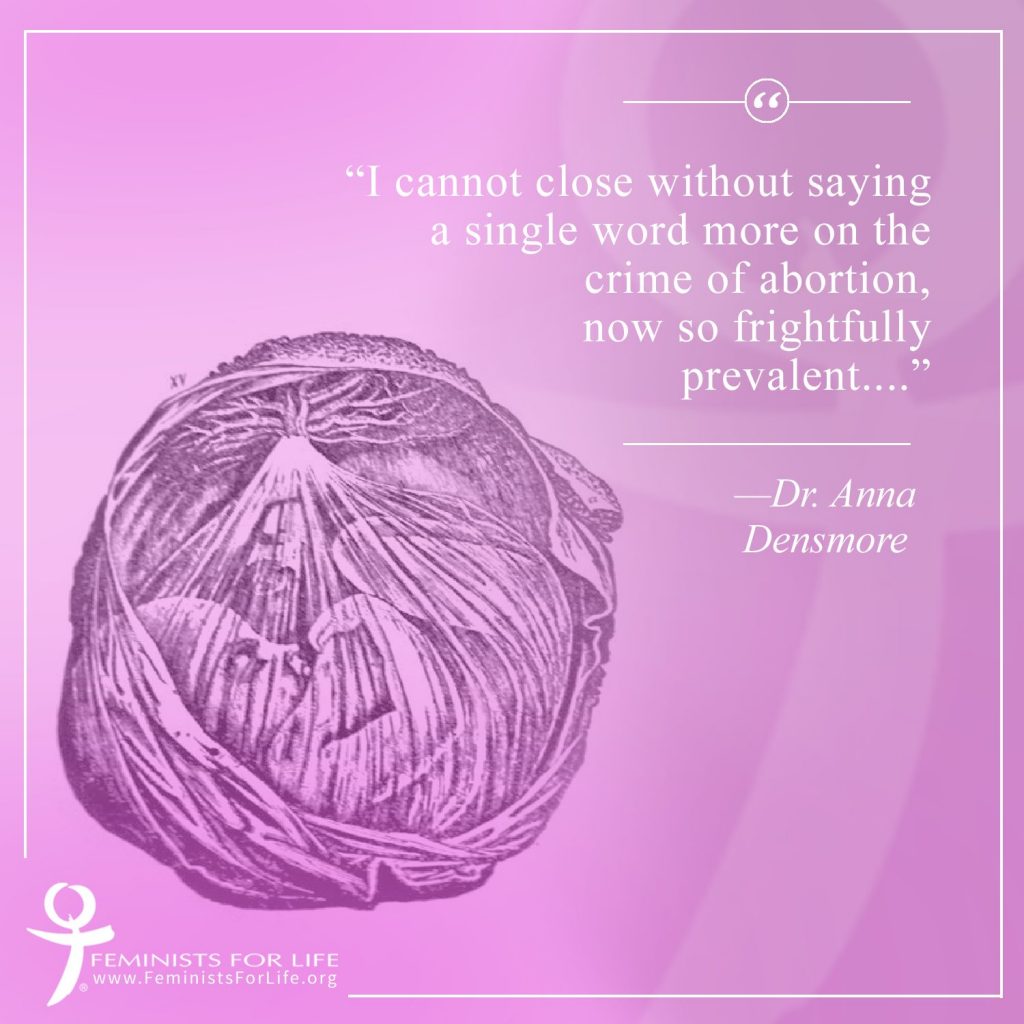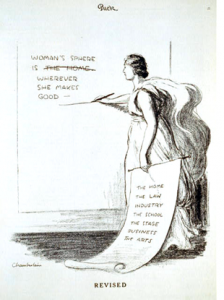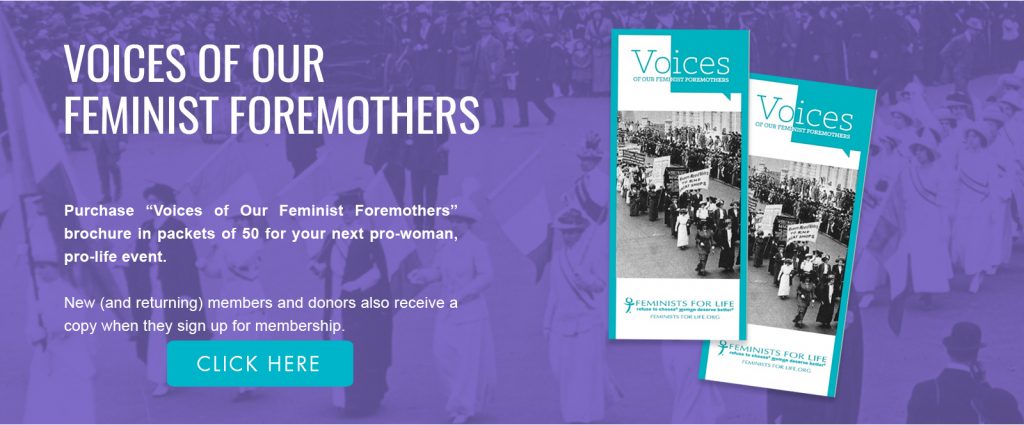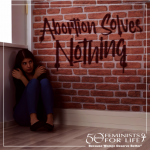
Sorosis: Sisterhood is Powerful
 In January 1869, Susan B. Anthony’s The Revolution newspaper reprinted two articles from the New York World about a professional women’s club, not yet a year old, named Sorosis. Like the word “sorority,” the name was derived from the Latin word soror, meaning “sister.” Sorosis also refers to a composite fruit with multiple flowers, such as the pineapple. The Sorosis club’s membership included women engaged in many fields — as editors, poets, musicians, authors, physicians, professors, painters, teachers, lecturers, historians, science writers, and philanthropists. The club sought to champion the cause of all women, especially by supporting the “large amount of beneficent work” done, publicly and privately, by “individual members in any field of labor to which they felt attracted.”1
In January 1869, Susan B. Anthony’s The Revolution newspaper reprinted two articles from the New York World about a professional women’s club, not yet a year old, named Sorosis. Like the word “sorority,” the name was derived from the Latin word soror, meaning “sister.” Sorosis also refers to a composite fruit with multiple flowers, such as the pineapple. The Sorosis club’s membership included women engaged in many fields — as editors, poets, musicians, authors, physicians, professors, painters, teachers, lecturers, historians, science writers, and philanthropists. The club sought to champion the cause of all women, especially by supporting the “large amount of beneficent work” done, publicly and privately, by “individual members in any field of labor to which they felt attracted.”1
At a meeting on December 7, 1868, reported in the first article, Sorosis had made the following observations and resolutions:
Whereas, Recent developments in this city [New York] and in other places, have called the attention of Sorosis to the homeless and unprotected condition of those upon whom, by misfortune or crime, is laid the burden of unlegalized [unmarried] maternity; and,
Whereas, The [male] partners in their crime, or, as is too often the case, the authors of their misery, are unrebuked by society, and are not prevented by public opinion from pursuing the same free and dishonorable career as if virtuous, while their [female] companions, or victims, are bereft of social position and debarred from all opportunity to retrieve their error and to rise to honor and preferment in respectable communities; and as by this most unjust relative position woman is driven to despondency, loss of self-respect, and that deep despair which ultimates in recklessness and ruin; therefore,
Resolved, That we give this subject serious and humane consideration, and that, to facilitate this purpose, a standing committee be appointed whose duty it shall be to investigate the causes of descent into this great evil of our civilization, and, if possible, to discover the means of protection and redemption from this bottomless pit of agony and shame.
Resolved, That the first work of the committee shall be to ascertain what public provision has been made by way of hospitals and asylums, in this city and elsewhere, for the protection and care of the unfortunate woman approaching maternity in consequence, it may be, of the first downward step; and if such wise and humane guardianship shall not be found, to consider the question of the erection of such asylums and hospitals with the hope that the divine “quality of mercy” may be extended to the erring woman no less freely than to the erring man, and that the desolate and despairing, through whom society has dishonored the holy office of maternity by degrading its entire significance, and neglecting its most imperative and sacred claims, may be rescued from misery and vice, and her offspring saved to fill an honorable place in our great, intelligent, and virtuous commonwealth.2
Dr. Anna Densmore, a hospital reformer and founding member of Sorosis, was a member of the committee established by these resolutions. In addition to being a physician, Dr. Densmore was an educator who, in the words of a teacher who wrote to The Revolution, “proposed to form a class for [public school] teachers exclusively, to qualify them to instruct young women and girls in those departments of Physiology and Hygiene.” The teacher continued:
Every woman physician, [Dr. Densmore] said, should herself be a teacher, and make it a cardinal rule to spread the knowledge she has gained…. The class was formed in a few days…. The Board of Education granted us the use of the main hall of the Twelfth Street Public School by a unanimous vote, and we are progressing rapidly, to say nothing of the engrossing interest with which the entire subject is invested by Dr. Densmore. All teachers are cordially invited to partake of these advantages without money and without price….3
The Sorosis Committee of Hospitals held its first regular meeting at Dr. Densmore’s home on December 17, 1868. Her first report of their findings, “Report on Hospitals and Asylums,” was reprinted in The Revolution on January 21, 1869. After reviewing the meager free and inexpensive resources available to unmarried women and their children, Dr. Densmore lamented:
The very limited check upon the growing crime of infanticide which this small movement would be capable of exercising must awaken earnest convictions in the heart of every true woman that there is a field of labor opening up to her from which she cannot recede without outraging both conscience and womanhood. When we think of the despair that must sink deep into the soul of an erring woman in her dark hour of trial, as the stern hand fast forces itself with chilling intensity upon her spirit, that the babe she has passed through such overwhelming agony to evolve will be to her but the passport of exclusion from every hearth and home, from every friend, from every social privilege, from every honorable position, we can no longer wonder that the promptings of maternity are sometimes driven back to their source — that the brain reels — that the mother ceases for a time to be human, because of our inhumanity, and that a little life is so often immolated on its shrine. Where lies the deepest blame?
Densmore’s commentary continued:
We hear it urged that if asylums were erected for the promiscuous admittance of all infants presented, the birth of illegitimate children would be largely increased, that the only effectual check upon its almost overwhelming advance lies in wholesome dread of the penalty — Ostracism and lasting disgrace. This may in part be true, but not for the reasons advanced. Women as a class are not so utterly lost to principle and womanly instincts as this assertion implies. More children might for a time be born, but fewer souls would be stained with the crime of abortion, now become one of the most demoralizing features in American life. The poor unfortunate candidate for motherhood nearly always grasp [sic] eagerly for this supposed immunity from guilt — in her ignorance thanking God that deliverance from tangible proof of her misfortune or sin came without bloodshed, and that she is free to recommence life without the dreaded millstone about her neck. We believe that the organization of well conducted institutions for the reception of babes born alive would materially lessen the crime of infanticide, by rendering it possible for young mothers out of wedlock to resume their place in society, and to command reputable employment when needed — and all unmarried mothers are not included in the class needing to labor I need not remind you.
She concluded:
I cannot close without saying a single word more on the crime of abortion, now so frightfully prevalent, and to ask you each and severally to stretch out a helping, saving hand in this direction, that its suppression may to some extent at least be accomplished. It is only through ignorance that it has become such a wide-spread evil. But few women, even among the educated and intelligent, realize that the embryo child is imbued with the life element prior to the moment when its physical movements become conscious to her. No greater error exists: if lifeless, it could no more become developed into the hungry, breathing child, than could the lifeless seed of a plant or flower spring up and ultimately bud and blossom. The living principle is there from the first moment of fecundation, and should be fostered and nourished and brought into the world in every instance that conception takes place — at no period can it be interfered with, from the first to the last moment of utra uterine life, without tampering with a life that God alone can give.4
Dr. Anna Densmore and the other members of Sorosis saw that the needs of women and the needs of their children, born and unborn, were inextricably linked. To defend the cause of the unborn was to urge justice and support for the women of their day.
Today’s pro-life feminists continue to connect and address these needs at a time when people on both sides of the abortion debate have occasionally pitted women’s interests against their children’s. Pro-life feminists’ unique philosophy allows us to bring people together to celebrate motherhood and empower women to make better choices for themselves and their children.
Feminists for Life advocates resources and support for mothers and their children. As in the past, women today often feel forced to choose between sacrificing their education and career plans and sacrificing their children. Feminists for Life, like Sorosis, investigates the causes and seeks to empower women to refuse to choose. Through tools like Feminists for Life’s Pregnancy Resources SurveyTM, FFL enables students and faculty to evaluate resources available to pregnant women and parents on college campuses. FFL’s groundbreaking study “Perception Is Reality” draws attention to the nationwide scarcity of resources. Through guides including “Raising Kids on a Shoestring” and “You Have Better Choices,” we direct pregnant women and parents to existing support and provide smart, progressive solutions to the challenges they face.
In 1869, Dr. Densmore wrote that “the brain reels” when a woman discovers an unplanned pregnancy. Chaunie Brusie, in a series of letters collectively titled “Chaunie’s Journey,” recalled similar feelings nearly 140 years after Densmore wrote those words:
Four weeks into my senior year I took a pregnancy test, sure that the result would be negative, that I was just easing my mind. I looked down to find two bright blue lines staring back at me. Frantic and disbelieving, I immediately took another test. Positive again.
In that instant, staring down at the two tiny lines that represented the most dramatic change in my life, I understood how women facing unplanned pregnancies can turn to abortion. In that moment of panic and fear, it does not feel like a new life, but rather the end of life as you know it. A million questions race through your mind — what will people think, what will I do, how can this be happening? You just wish it wasn’t happening, wish you could rewind time, wish it would go away.
It’s easy to understand women in crisis wishing that the baby isn’t real, so they can make it go away.5
FFL is working to remove the panic and fear from this experience because, as Honorary Chair Patricia Heaton says, “Women experiencing an unplanned pregnancy also deserve unplanned joy.” Margaret Colin, FFL’s Honorary Co-Chair, echoes the sentiment, saying, “Remember the woman.”
The issues raised by Sorosis have neither faded nor been resolved. Today, Feminists for Life asks and addresses the 21st century version of these questions through the lectures of FFL speakers and publications, such as The American Feminist. We educate the leaders of tomorrow about our rich history of pro-life feminism, and provide the same information in our e-tutorials Herstory of the WeekTM and Pro-Woman Answers to Pro-Choice QuestionsTM. FFL also advocates creative and practical policy changes that value the contributions of mothers and parents.
FFL is dedicated to systematically eliminating the root causes that drive women to abortion — primarily lack of resources and support — through the empowerment of all women, including birthmothers, single mothers, married and partnered parents, and adoptive and foster families. FFL’s Pregnancy Resource ForumsSM bring college students, faculty, administrators, and community representatives together to develop and create holistic, woman-centered solutions to eliminate systemic problems and barriers facing pregnant women and parents on campus.
Today, Feminists for Life proudly continues to pursue the goals of these early feminists. All our efforts are shaped by the core feminist values of nondiscrimination, nonviolence, and justice for all.
1 “Sorosis,” The Revolution, March 31, 1870.
2 “Sorosis,” The Revolution, January 14, 1869.
3 “Much Delighted With the Valuable Instruction,” The Revolution, March 19, 1868.
4 “Sorosis,” The Revolution, January 21, 1869.
5 “Chaunie’s Journey: A Happy Beginning,” The American Feminist, Fall/Winter 2008.
Read Dr. Anna Densmore in her own words here.






